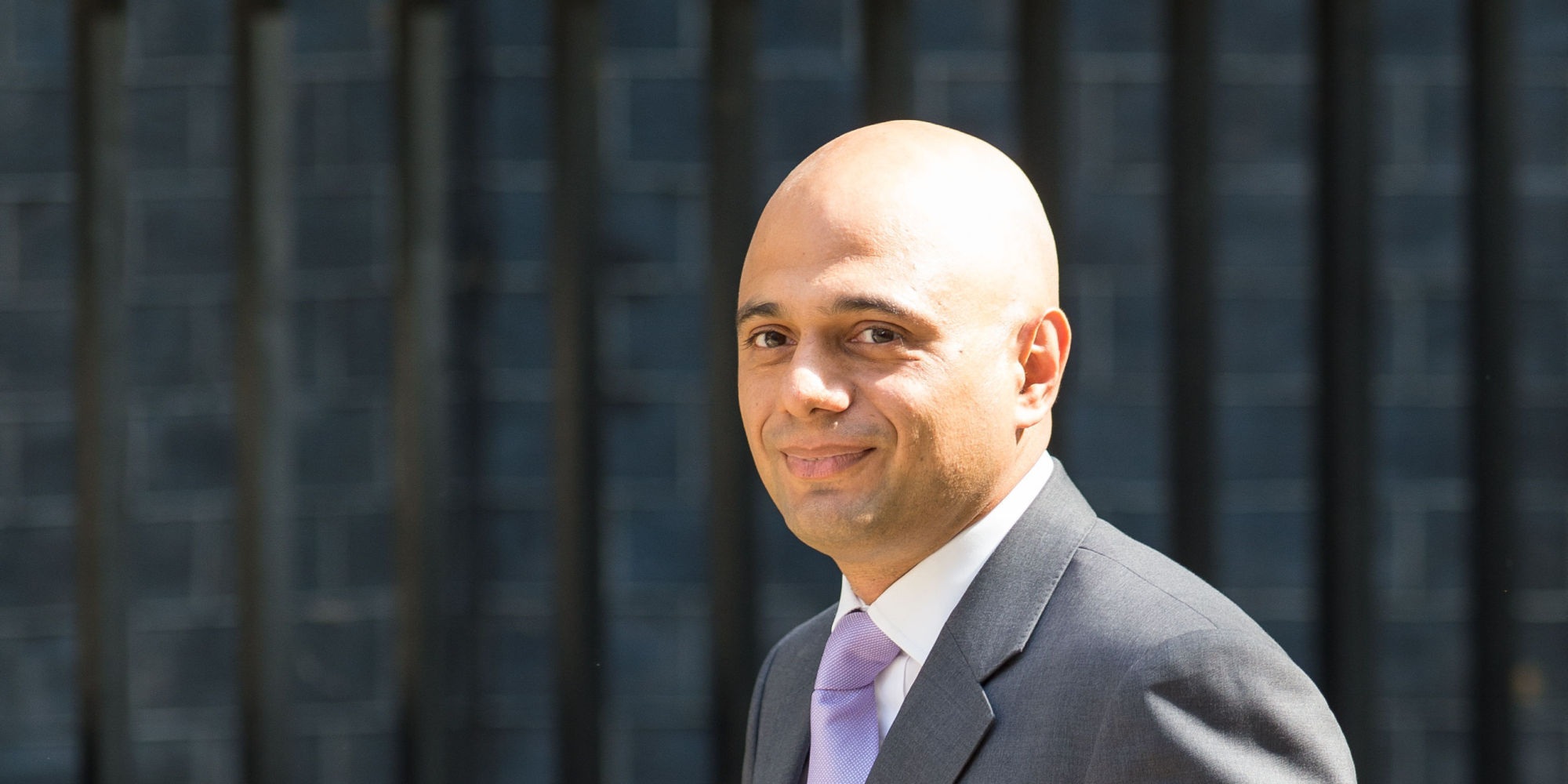The relationship between the Prime Minister and Chancellor is tantamount to the conduct of a successful government. Past relationships have seen the big beats square up in Number 10 and the Treasury: Thatcher and Lawson, Major and Clarke, Blair and Brown, Cameron and Osbourne. For a while it seemed as if Johnson and Javid would be the next mighty duo on the list. That is, of course, until Sajid Javid displayed that rarest of qualities in a politician – the promotion of integrity over personal ambition. His resignation shocked Whitehall and the country, perhaps no one more so than the Prime Minister himself who, having timed his reshuffle to just before the February parliamentary recess, has had no real opportunity to explain his most public of breakups.
The question on the lips of the media and citizens is how influential was the ‘ other man’ in their relationship. The other man, of course, is the Prime Minister’s Chief Special Advisor, Dominic Cummings. Described in David Cameron’s memoirs as a member of Vote Leave’s ‘cauldron of toxicity’, Cummings nevertheless found himself in the most powerful un-elected position in British politics following Johnson’s sudden, but anticipated rise to the premiership. Cummings’ use, or in some people’s eyes, abuse, of his power is central to the first real challenge of Johnson’s post-Brexit premiership: establishing a first rate one-nation Conservative government.
To achieve his centralised vision of government, the Prime Minister and Mr. Cummings have argued that the Chancellor must be in exact economic alignment with Number 10, working to deliver for all communities under one set of joint advisors. The First and Second Lords of the Treasury working unchecked by an independent Treasury under the guidance of a mysterious prowler of the corridors of power. What could go wrong? Has Johnson pulled off a constitutional coup? Too many questions remain unanswered. One thing is clear though: The Prime Minister now has the greatest control over economic policy than any of his predecessors since Gladstone.
It was, of course, the Prime Minister’s prerogative to re-mould the government to work as he wishes. He is after all, the Prime Minister: the highest office of any elected official in the United Kingdom. If his aims were full control of the government then he was well within his constitutional right to make the demands of Sajid Javid that he did. The most important question, however, is who sought control of the government? Mr. Johnson, or Mr. Cummings? The most powerful elected official, or the most powerful un-elected official? Questions of age-old democracy are at stake and it is vital that the public receive the transparency of Mr. Cummings’ role that they deserve. The usual loquacious bumbling will not be enough if he cannot justify his advisor’s role in Sajid Javid’s departure and the weakening of the Treasury’s vital independence.
In the words of the great late Margaret Thatcher, “advisors advise, ministers decide”. Whatever Mr. Cummings’ role in the government is, the Prime Minister ultimately made the decision that ended Sajid Javid’s frontbench career after eight years. Loyalty in politics can take you very far, but a lack of transparency or an excess of hubris will always become a roadblock.
Sajid Javid has, for now, graciously promised the government his full support. How long this will last probably depends on the frequency of further scandals. It was, after all, only back in September that Javid was first aggrieved by the actions, or influence, of Mr. Cummings when he sacked a Treasury special advisor, Sonia Khan. Perhaps therein lies one final lesson from the past for the Prime Minister. In 1989, Nigel Lawson, the strongest Chancellor since before World War Two, resigned following Margaret Thatcher’s excessive following of Alan Walters’ advice, her Chief Economic Advisor. One year later, and only three years after a landslide election victory, Mrs. Thatcher was ousted by her own colleagues.
The Prime Minister may be in a strong position now, but an excessive reliance on the divisive Mr. Cummings could see him lose it as suddenly as he achieved it. He needs his parliamentary colleagues much more than he needs Mr. Cummings for they have the power, potentially led by a scorned former Chancellor, to remove him.
Image: Huffington Post

